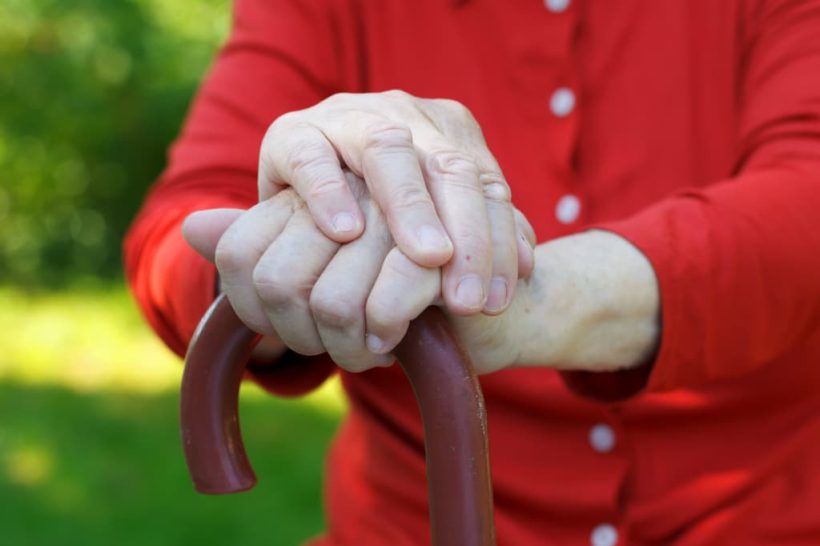New research suggests cannabis may do what other Parkinson’s disease medications can’t. CannaMD explores the effects of medical marijuana on Parkinson’s motor and non-motor symptoms, comparing results with current treatment options.
What is Parkinson’s disease?
Parkinson’s disease is a progressive nervous system disorder characterized by tremors, muscle stiffness, and bradykinesia (slowness of movement). Additional symptoms include trouble sleeping, anxiety, depression, and fatigue.
According to the American Parkinson’s Disease Association, approximately one million Americans suffer from Parkinson’s. The disease is the second most common neurodegenerative disorder in the country, following Alzheimer’s, and currently the 14th leading cause of death across all age groups.
As explained by researchers in the peer-reviewed journal, Parkinson’s Disease:
Current treatment is symptomatic and mainly involves replacement of dopamine deficiency. This therapy improves only motor symptoms of Parkinson’s disease and is associated with a number of adverse effects including dyskinesia. Therefore, there is unmet need for a more comprehensive approach in the management of Parkinson’s.
This effort to identify a broader treatment protocol has led scientists to a surprising conclusion:
Cannabis may just work better than current medications.
How does marijuana help Parkinson’s?
In 2014, Clinical Neuropharmacology reported that marijuana improves Parkinson’s motor symptoms including tremors, rigidity, and bradykinesia, as well as non-motor symptoms such as pain and sleep disorders. Follow-up studies appear to support these results, with a 2015 survey finding:
Cannabis was rated as the most effective therapy for sleep and mood improvement amongst all complementary and alternative medications.
Likewise, the Journal of Psychopharmacology reports:
We found significant improvements in measures of functioning and well-being of Parkinson’s disease patients treated with CBD [cannabidiol] 300 mg/day compared to a group that received placebo.
So how does it work? What is cannabis doing that other medications can’t?
As researchers explain:
Cannabinoid agonists and antagonists have been shown to modulate the endocannabinoid system and modify motor activity.
Data suggests cannabinoid receptor antagonists may produce anti-parkinsonian effects while cannabinoid receptor agonists exert a “powerful” motor inhibition and may be useful in the treatment of motor complications.
However, while current medications – such as levodepa – only treat motor symptoms (and often include severe side-effects, including motor fluctuations and dyskinesia), cannabis also addresses non-motor symptoms.
As reported by Parkinson’s Disease:
Cannabinoids have been shown to have neuroprotective effects due to their antioxidative, anti-inflammatory actions and their ability to suppress exitotoxicity.
Overall, data suggests that cannabinoids are neuroprotective in acute and chronic neurodegeneration and can delay or even stop progressive degeneration of the brain dopaminergic system, a process that cannot be prevented currently.
Cannabis has also demonstrated efficacy in treating depression, pain, sleep disturbances, and anxiety – leading researchers to conclude:
Due to combination of the above mentioned beneficial effects, cannabis may provide a viable alternative or addition to the current treatment of Parkinson’s disease.
And best of all? As noted by Clinical Neuropharmacology:
No significant adverse effects of the drug [cannabis] were observed.





